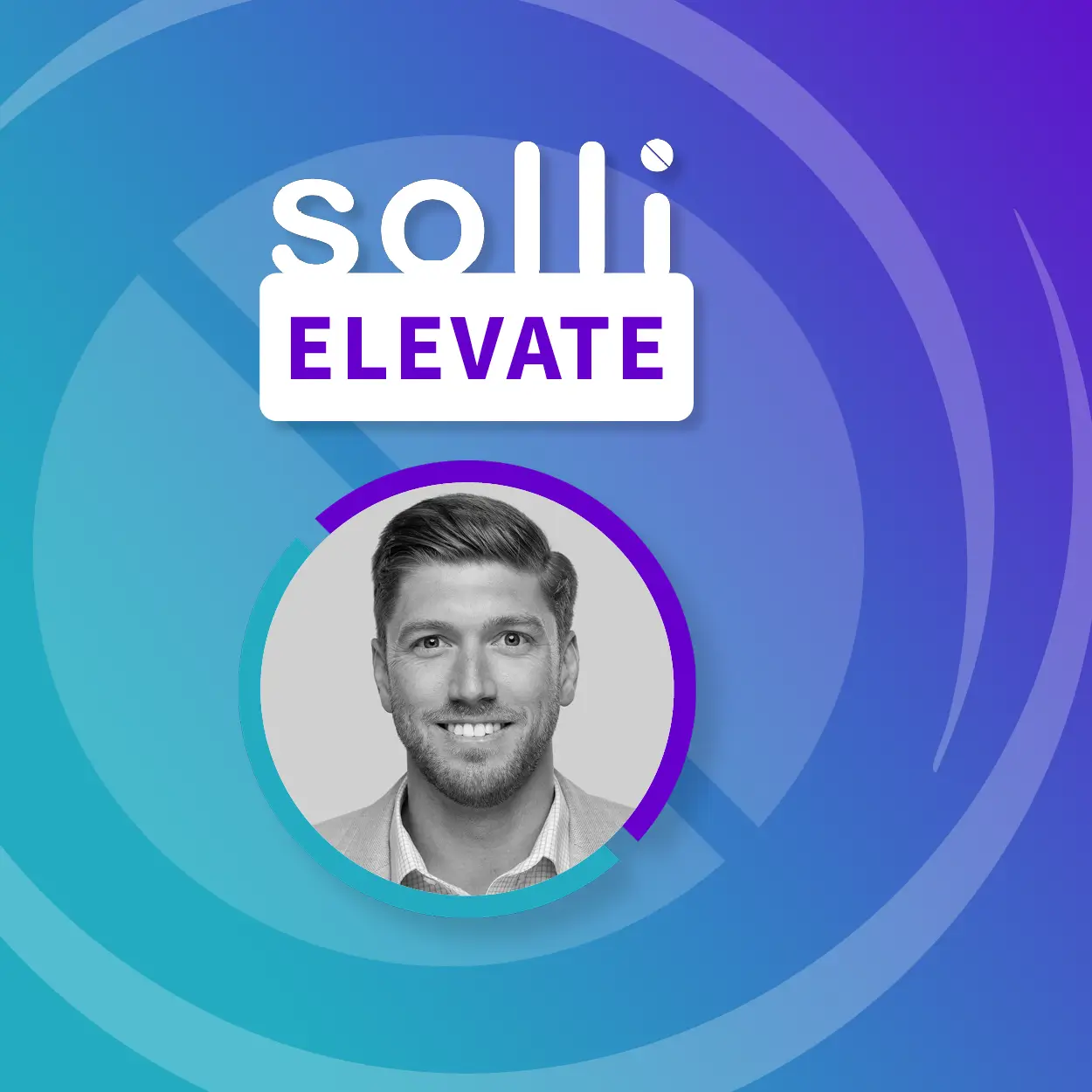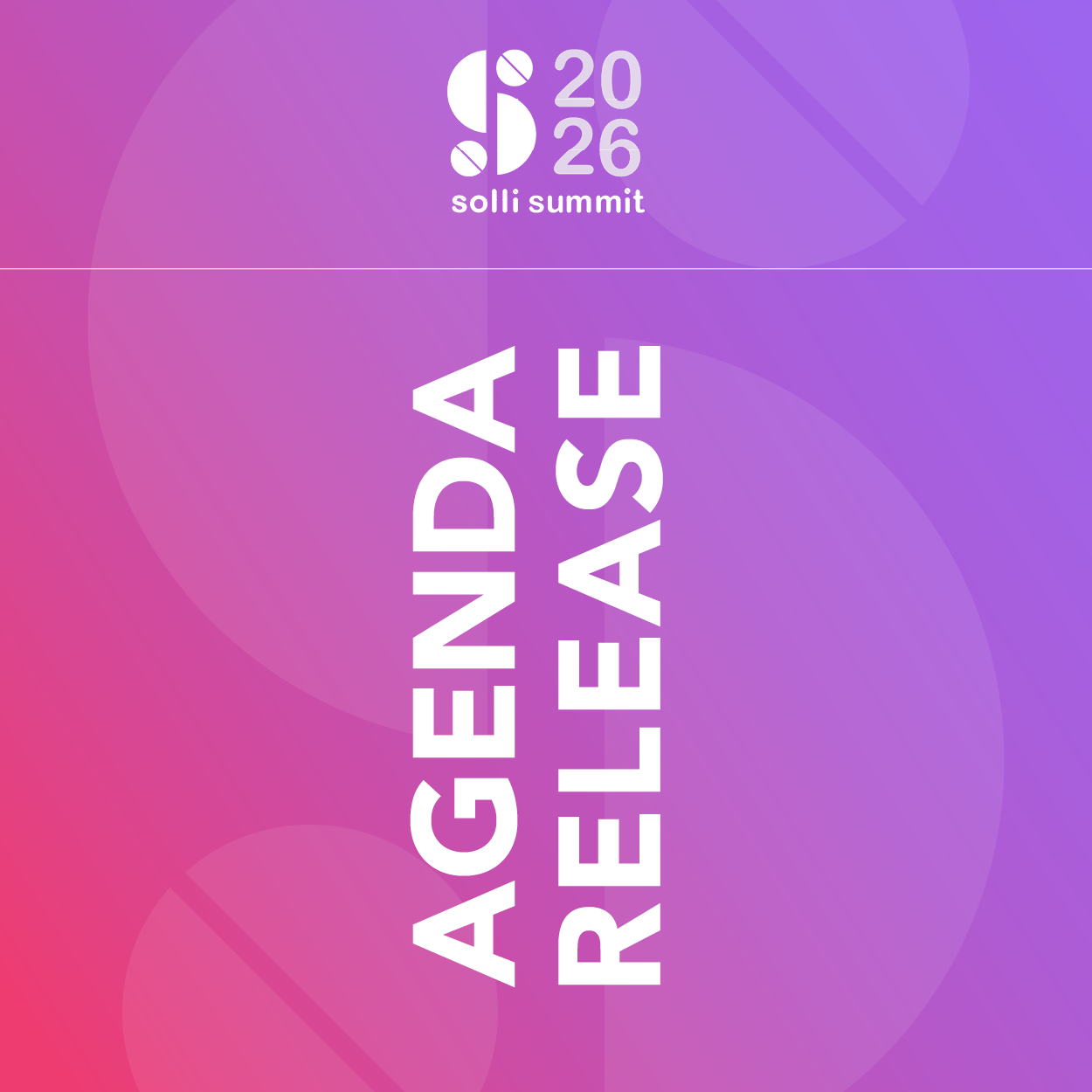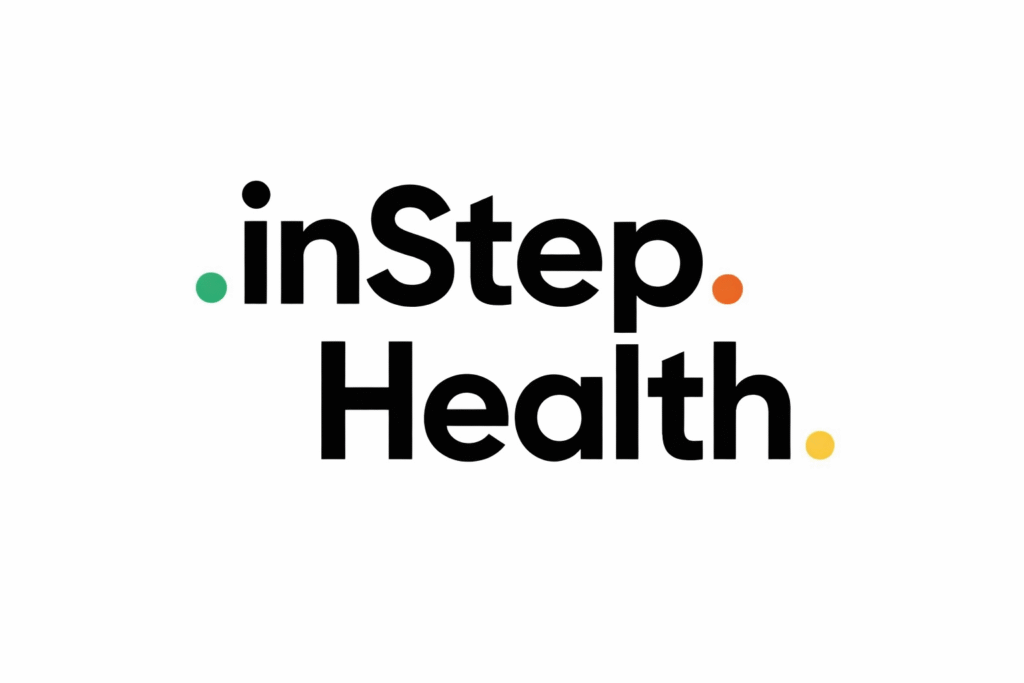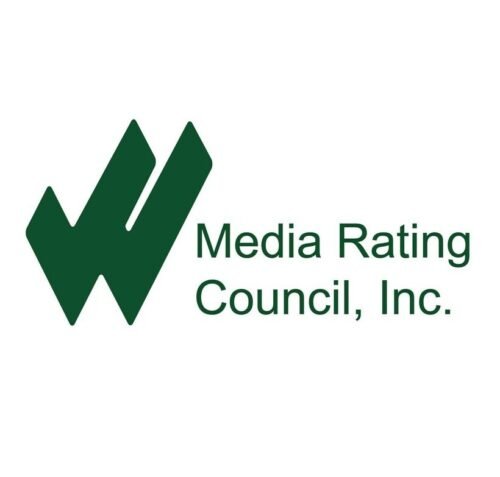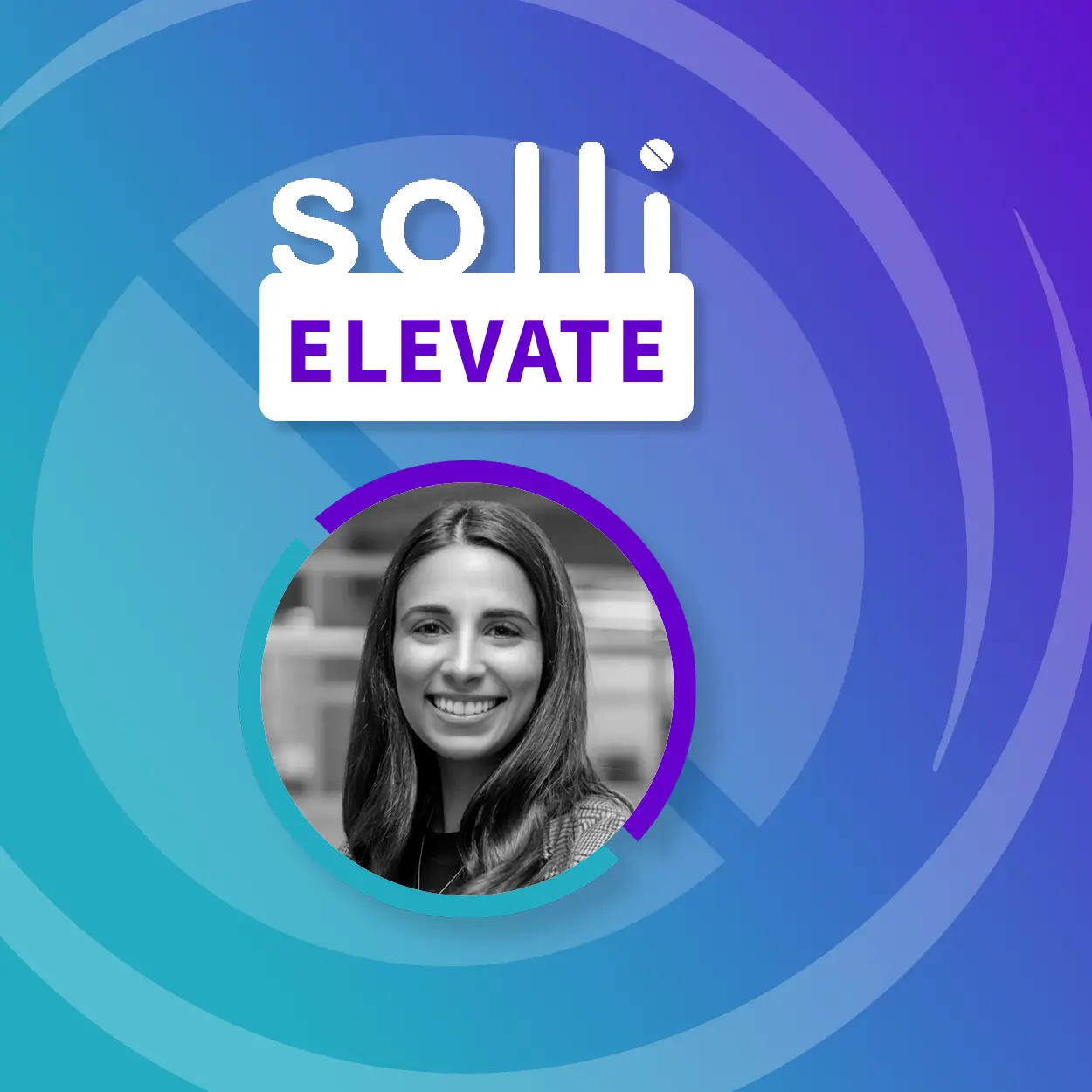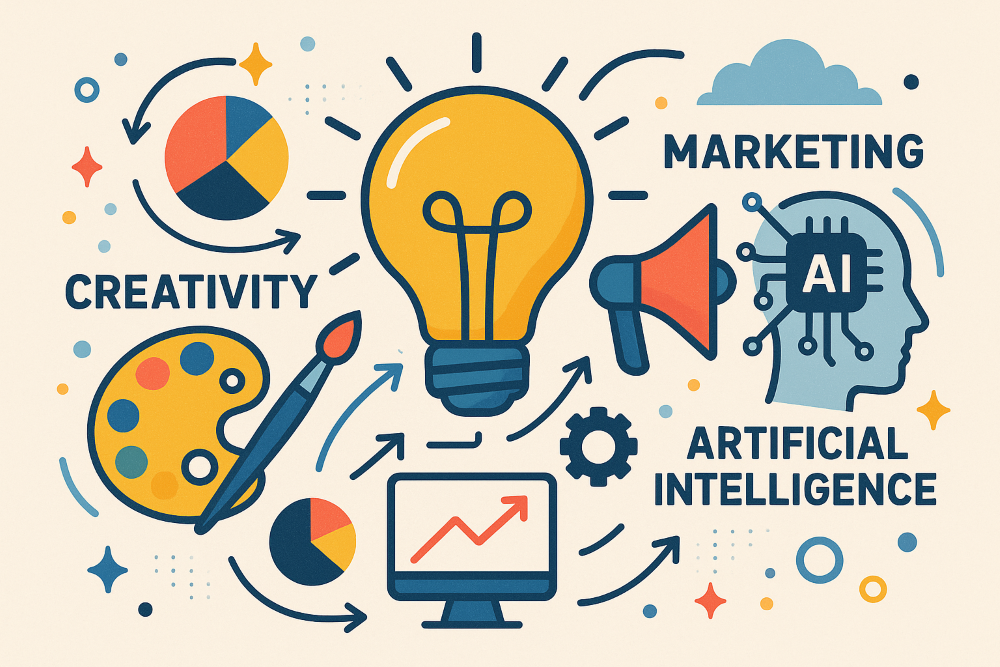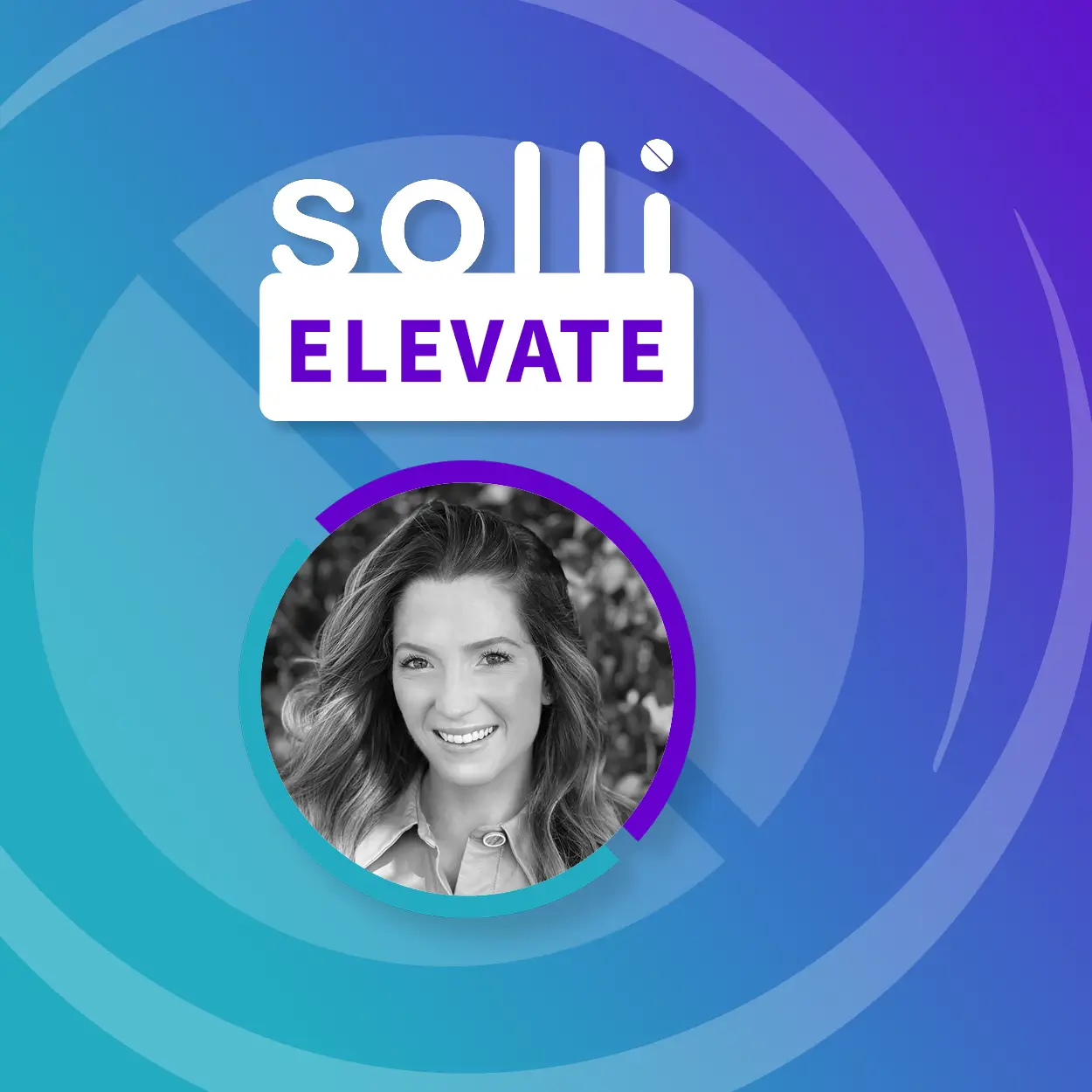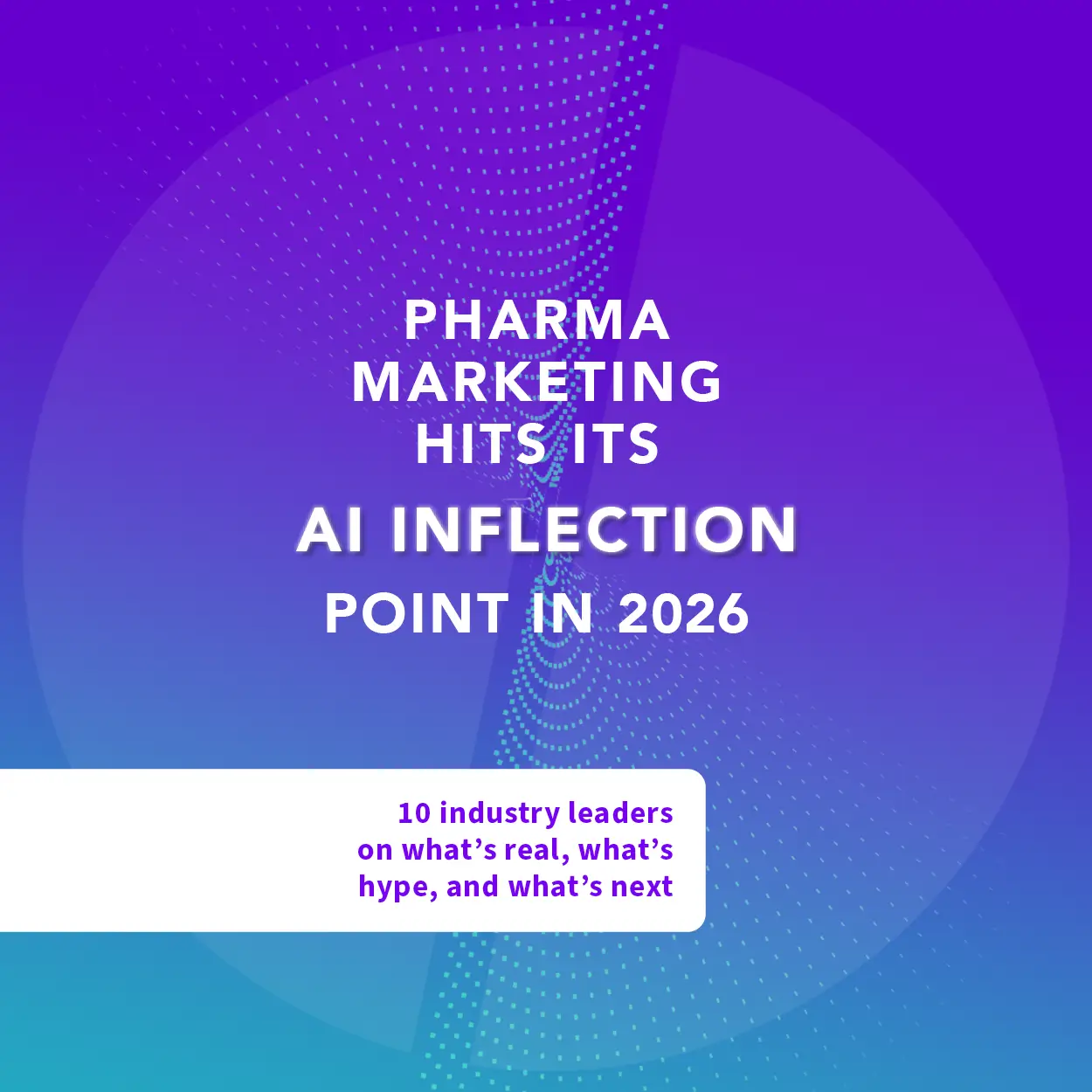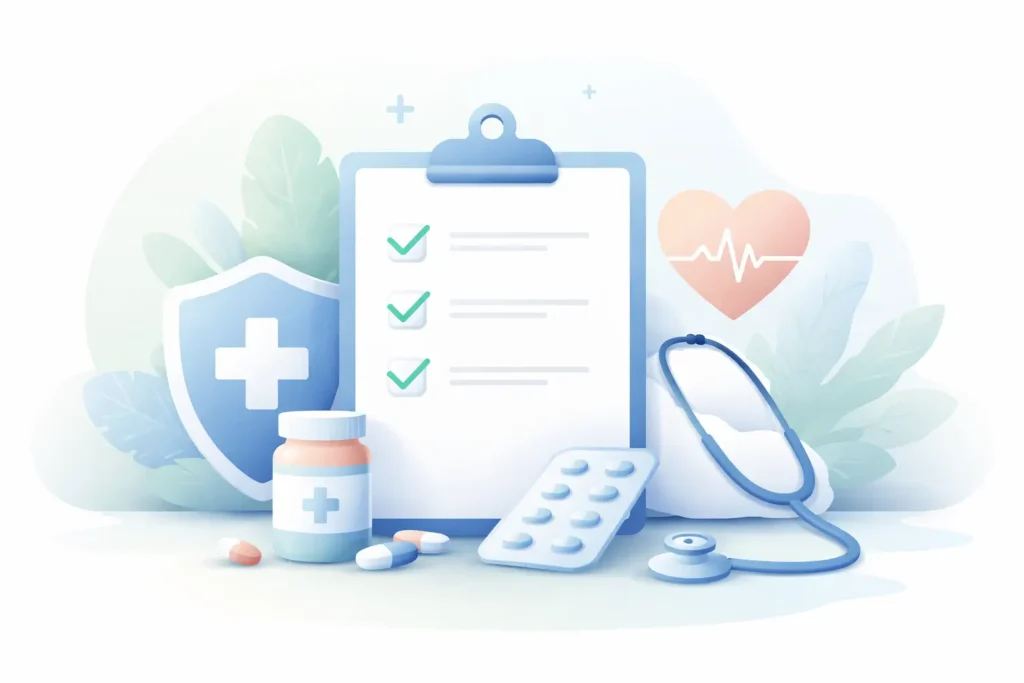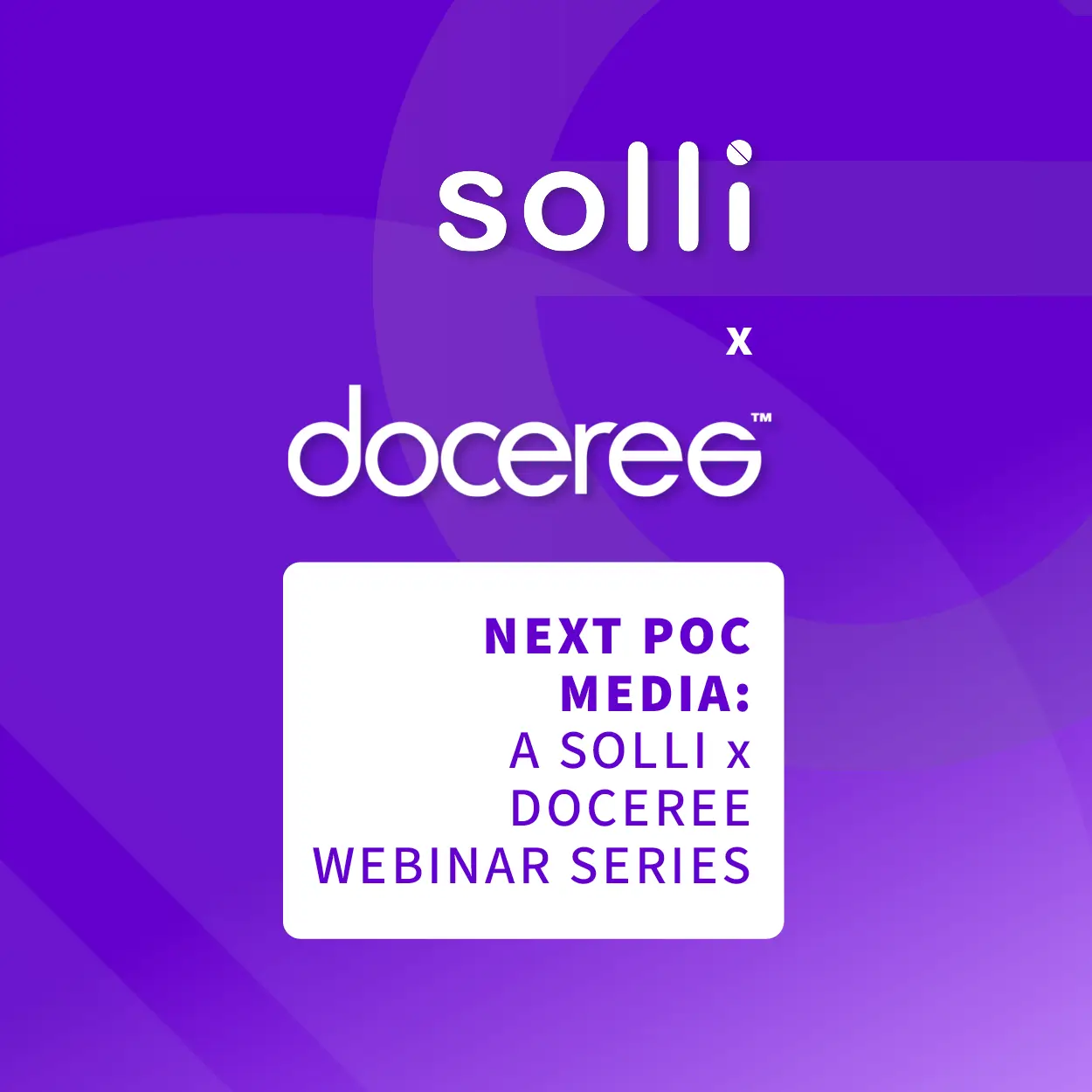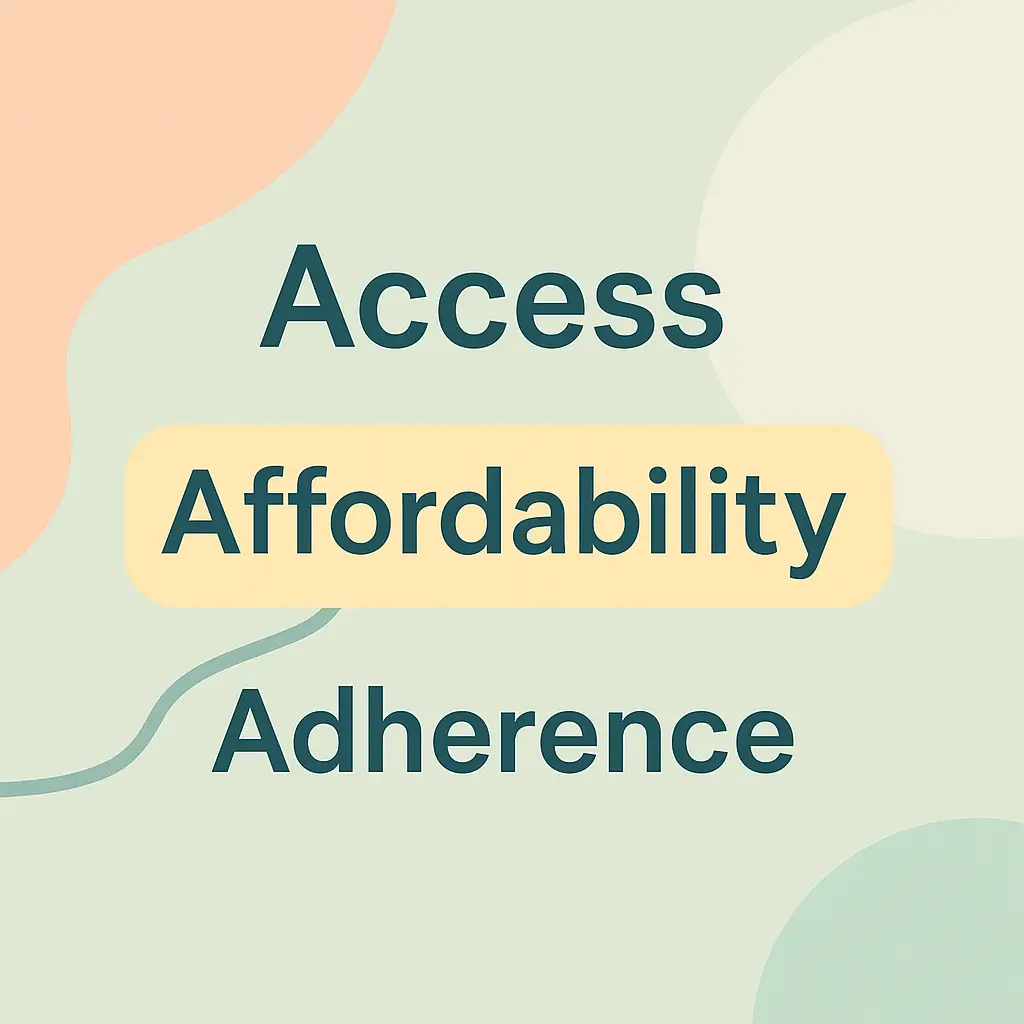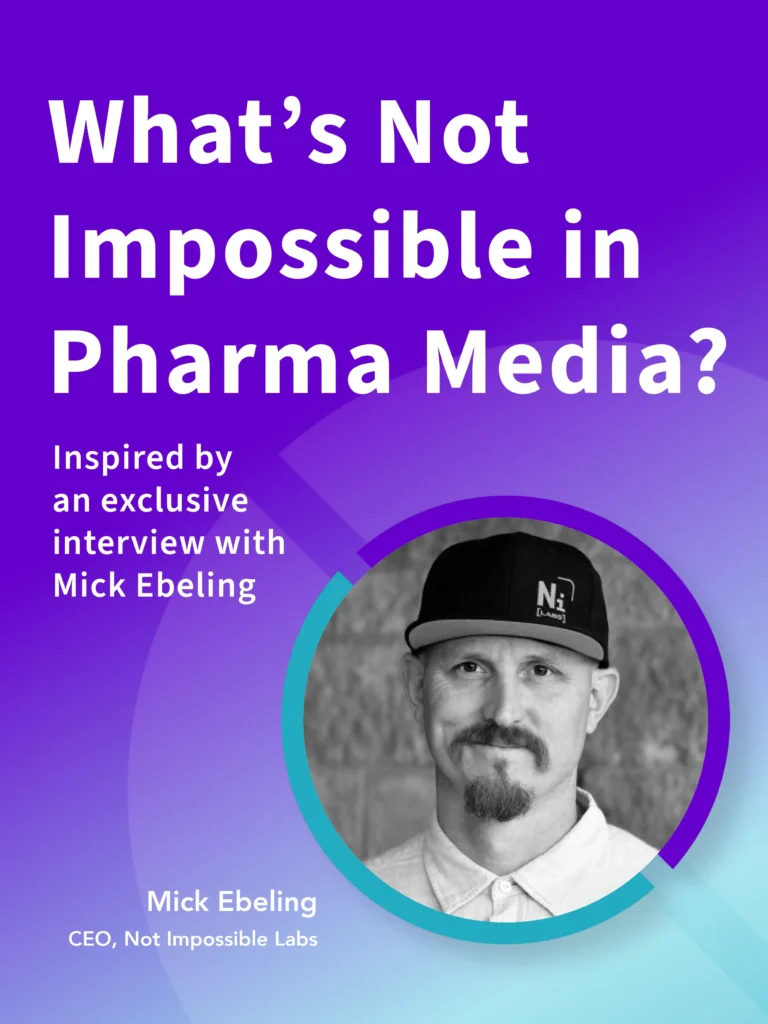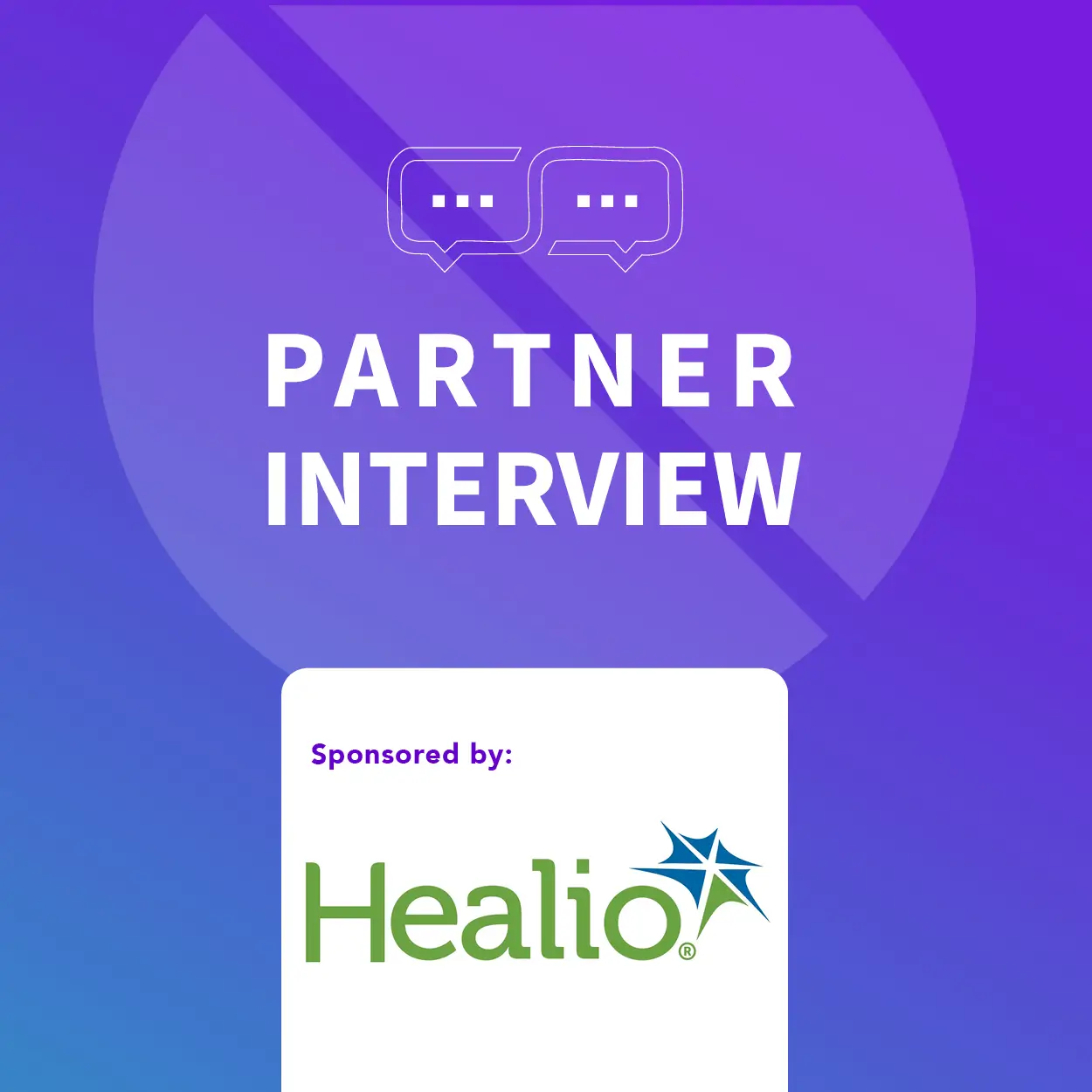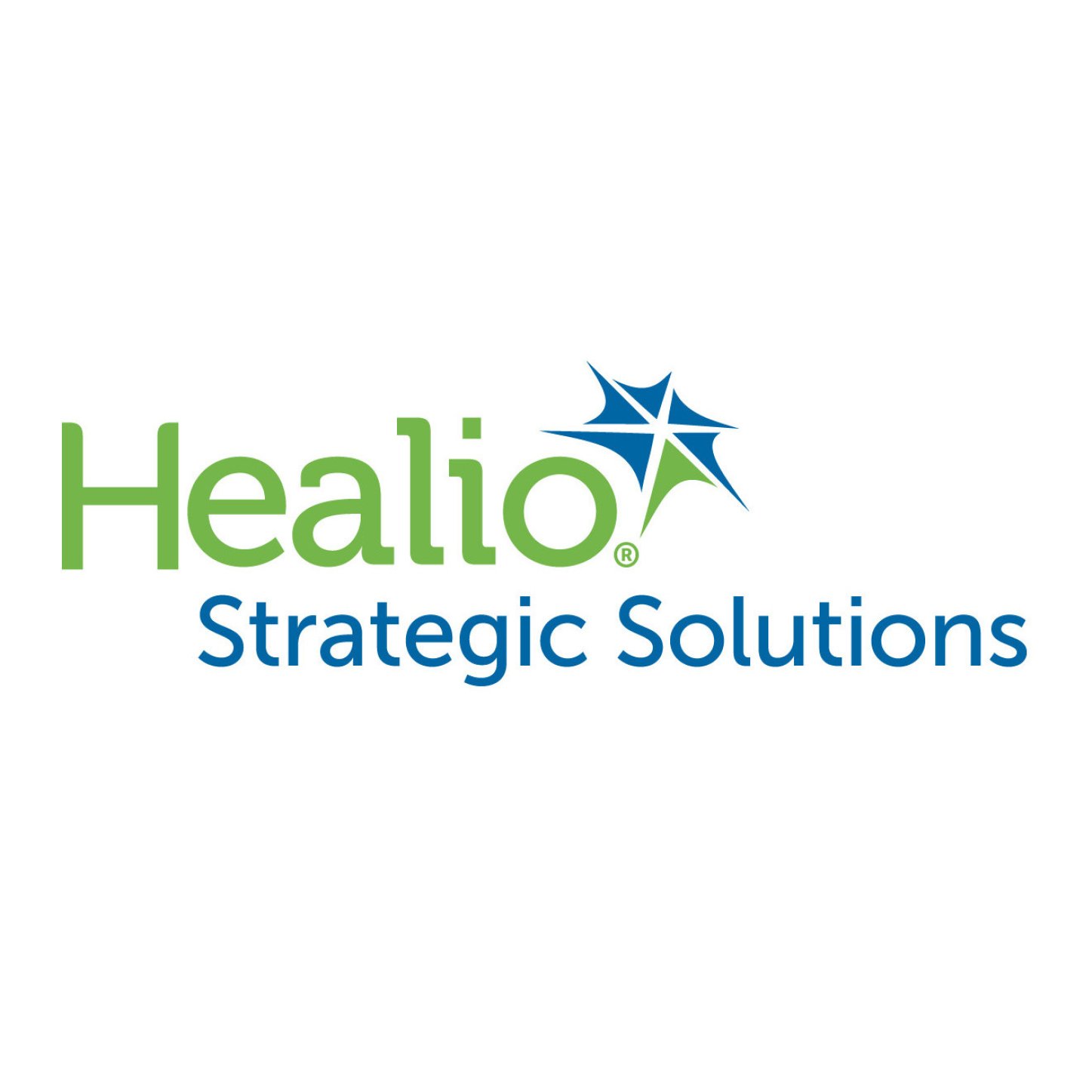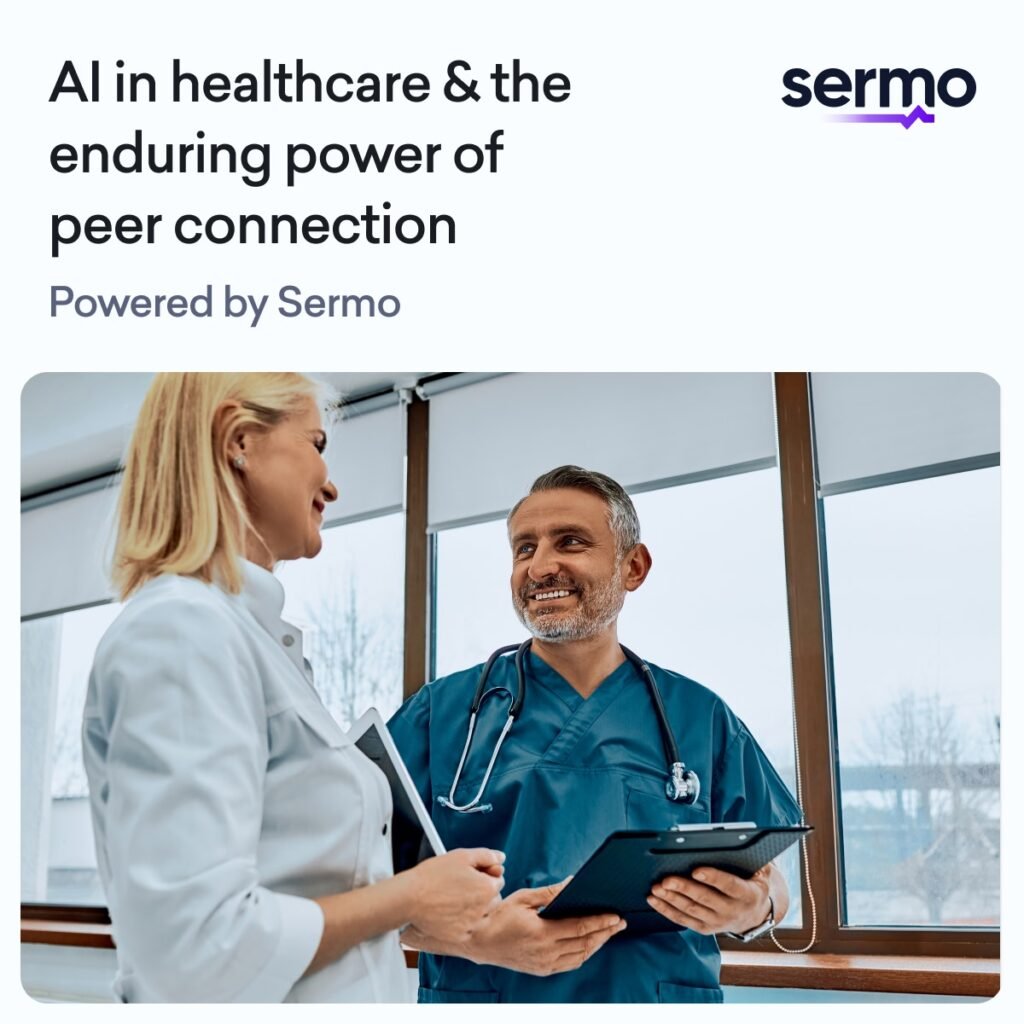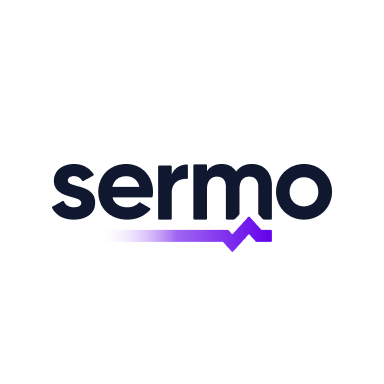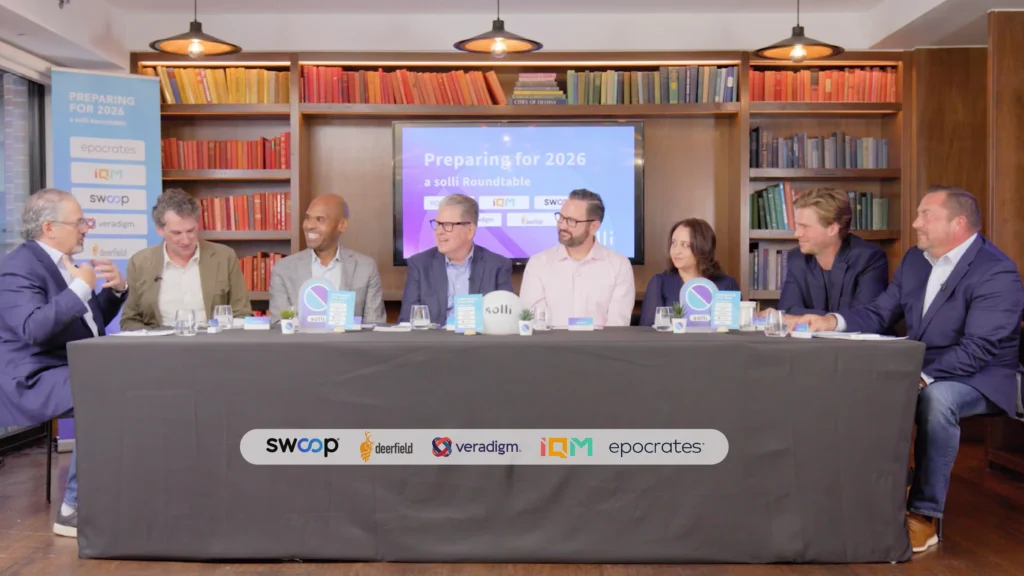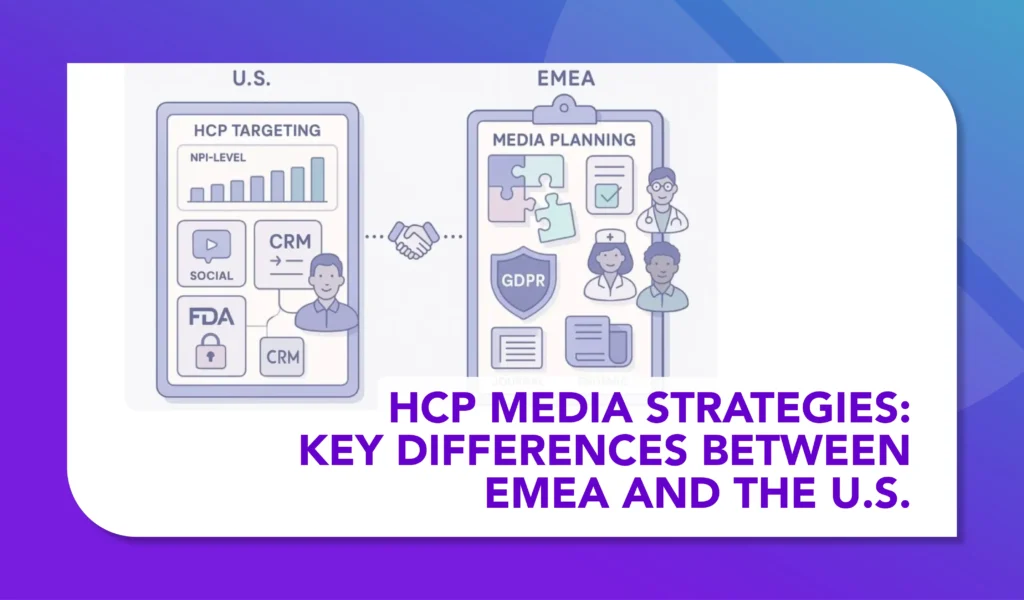Tom Vaughton is the CEO of Varn Health an SEO and search consultancy.
What is Generative Engine Optimisation (GEO) and its role in healthcare marketing?
Search is changing. As generative AI tools become more common, traditional SEO is no longer enough

Search is undergoing a huge transformation and as generative AI technologies become embedded into how people access information, traditional SEO is no longer enough. Healthcare marketing strategies must now evolve to embrace a new frontier: Generative Engine Optimisation, or GEO.
Now you may also hear other terms and phrases that reflect this new era of GEO. For example, some in the industry refer to this shift as Answer Engine Optimisation (AEO), focusing on how content is surfaced in direct answers rather than traditional search listings. Others speak about AI Search Optimisation, highlighting the role of AI in reshaping how search engines index and present information. You may also encounter phrases like Zero-Click Content Strategy, Conversational Search Readiness, or LLM Visibility, each aiming to describe how content should adapt to the way large language models and generative platforms source and share information. While the terminology may vary, the strategic imperative remains the same: to ensure that your brand’s expertise is discoverable, credible, and represented in AI-generated responses.
We often use the term Generative Engine Optimisation (GEO) as it reflects both the underlying technology and the fundamental change in how people find trusted healthcare information online. A recent study by Tebra revealed that one in four people would rather consult an AI tool than visit a doctor, and 80% of those who used ChatGPT for medical advice found it effective. This highlights a growing shift in trust and reliance on AI-driven sources for healthcare information.
In this new GEO world, search engines are no longer just returning lists of links to websites. They are synthesising responses and surfacing summarised insights directly to the user. For pharma and healthcare marketers, this shift has significant implications for how you approach content, reputation, and digital visibility.
Why does GEO matter for healthcare and pharma brands?
With healthcare being such a highly regulated and high stakes industry, the information shared with HCPs and patients must be accurate, credible, and evidence based. As AI platforms become sources of knowledge, it is essential that the right information, and your relevant brand’s information; is what they draw upon to show your healthcare audience.
If your brand’s content is not structured and optimised for generative engines, you risk being invisible in a world where users will no longer click through to websites to find answers. For healthcare marketers, this could mean losing opportunities to influence treatment decisions, build awareness, and maintain trust.
Five ways GEO impacts healthcare marketing strategy
- Authority must be demonstrated
In traditional SEO, authority was often inferred from backlinks and your website domain age. With GEO, authority must be demonstrated through clear, structured content that AI can easily parse and attribute. Your digital assets need to convey expertise explicitly by answering complex questions comprehensively, referencing trustworthy sources, and presenting data in digestible formats. For pharmaceutical and medical brands, this means ensuring that every piece of content clearly communicates your scientific credibility and subject matter expertise.
- Structured data is important and no longer optional
Generative AI systems depend heavily on structured data to identify trustworthy sources and understand context. This means schema markup and well formed metadata need to be considered when publishing content. For pharma marketers, applying structured data correctly to medical content, product information, or things like clinical trial summaries is key to ensuring that AI systems can accurately interpret and surface your content in response to relevant user queries.
- Your visibility relies on being citable
Search in a generative context is not about a blue link on a results page. It is about being the source that the AI selects to include in its generated response. This requires content that is not only discoverable but also quotable and attributable. Your brand’s information must be the kind that AI models can safely and confidently include in their outputs. This can include being present on highly credible third party platforms and publications, as well as ensuring your own website adheres to best practices for content transparency and reliability.
- Your content needs to mirror how real people ask questions
Generative AI excels at understanding and responding to natural, conversational language. To be included in those responses, your content must be written in a way that anticipates and aligns with how patients or HCPs will actually ask questions. Creating content in a Q&A format, developing comprehensive FAQ sections, and writing in clear, plain English without jargon can dramatically increase the chances that your brand and healthcare content is surfaced in generative results.
- Success is now measured in mentions
In the GEO era, success is no longer defined by how high your content ranks in traditional search. Instead, it is about how often your brand is referenced, cited, or included in AI-generated answers. This calls for a new layer of analytics focused on tracking AI mentions, monitoring content performance across AI platforms, and continuously refining content to increase its visibility in generative contexts. Forward thinking healthcare marketers are already beginning to measure their share of voice within AI generated outputs, not just search engine results pages.
How healthcare marketers can prepare for GEO
Adapting to GEO does not require abandoning your current digital strategy. It requires enhancing and evolving it.
I’ve shared some practical steps you can take today to future proof your pharma and healthcare brand’s presence in generative search.
- Audit your existing content for AI compatibility
Start by identifying your most important content assets and evaluating them for AI readiness. Are your explanations clear? Is your language natural and structured? Are you using metadata and schema effectively? Ensure that your most authoritative content; whether that’s about a specific therapy area, treatment approach, or maybe a clinical innovation. It must be content that is designed for machine readability and relevance.
- Establish and strengthen your topical authority
Develop comprehensive content clusters, for example these could be around key therapy areas or health conditions. These should go beyond just product information and also include things like explainers, patient education materials, FAQs, or regular clinical updates. When you consistently publish accurate, helpful content on a topic, AI platforms are more likely to recognise your site as a reliable source on that subject.
- Create content in conversational and structured formats
Format your content in a way that mirrors how people ask and answer questions. Include headings that use natural language questions, write short and precise answers, and use bullet points or step-by-step structures where appropriate. Case studies, explainer videos, and structured summaries of things like research findings can also improve your content’s utility for generative systems.
- Build citations and third party trust signals
AI systems are more likely to cite content that appears on trusted external websites. This may mean you need to work closely with media partners, scientific publications, and healthcare directories to share your insights. Ensure your organisation’s experts are quoted and visible in articles and webinars. This not only boosts authority but also increases the digital footprint from which AI models learn.
- Monitor and optimise for AI Visibility
Start tracking where and how your brand is being referenced by generative AI systems. This may involve using new analytics tools or manually testing AI platforms with key queries. Identify patterns in which content is being surfaced and which is not. Use these insights to refine and adapt your strategy over time.
We’ve developed the AI Visibility Framework to help healthcare brands understand and improve how their content is discovered, interpreted, and cited by generative AI systems. This framework assesses current digital footprint, benchmarks vs key competitors, identifies opportunities to increase the brand’s inclusion in AI-generated outputs, and provides tailored recommendations across technical SEO, structured data, authority building, and content design.
Generative Engine Optimisation is a cross-functional challenge…
Upskill your teams on GEO and AI search
Generative Engine Optimisation is a cross-functional challenge. It requires collaboration between content creators, SEO specialists, data analysts, medical writers, and compliance teams. Invest in training and knowledge sharing to ensure that everyone in your organisation understands the importance of GEO and how to contribute to it effectively.
Generative Engine Optimisation is not a trend
It is a shift in how people interact with digital information. For healthcare and pharma marketers, it represents both a challenge and an opportunity. Those who adapt early will gain a significant competitive advantage, building trust and visibility in a future where AI is increasingly the first point of contact for healthcare knowledge.

